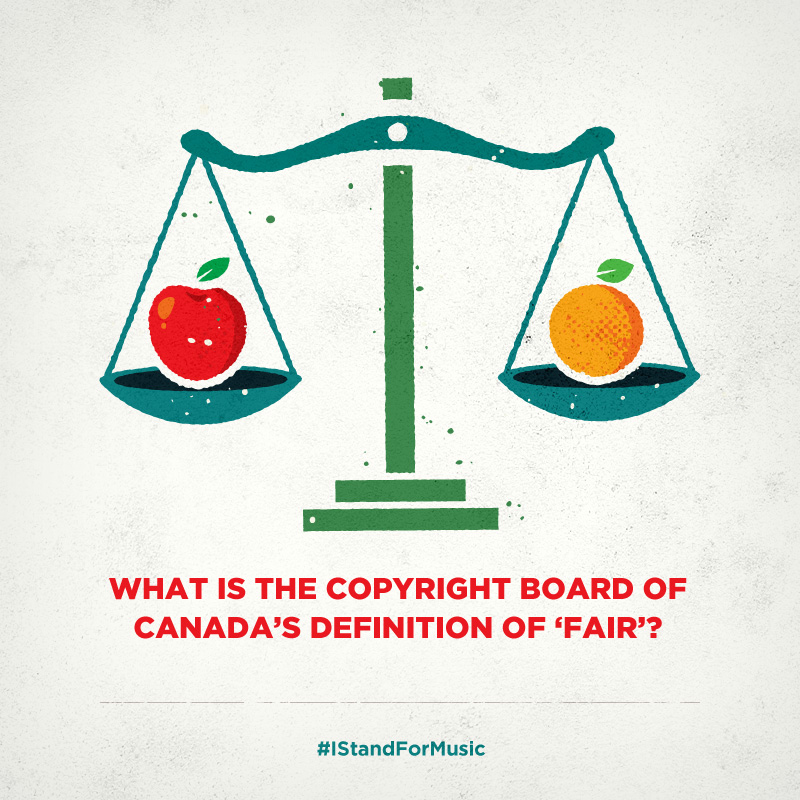Can you imagine being in a profession where your U.S. counterpart made 90% more than what you make for the same job? With Tariff 8, the Copyright Board of Canada decided that professional musicians should be paid 90% less for certain types of music streaming.
Some people may argue that Tariff 8 isn’t an artist’s only source of income. But the reality is that for these types of services (CBC Music, Stingray, Songza, etc.), Tariff 8 royalties are the only guaranteed source of income for a performer. Artists deserve to be fairly compensated for their music. The Tariff 8 decision sends a message that music is not valued as a profession here, and this message is completely inconsistent with Canadian values.
In last year’s The Rambler by Graham Henderson: Tariff 8 decision establishes “10% of Nothing Rates”, Music Canada President poses the rhetorical question: “Do Canadian plumbers get paid wages equivalent to 10% of American plumbers? Teachers? Auto workers? Farmers? Who? What profession receives compensation in Canada for their labour that is equal to 10% of the wages paid across the border?”
If you think Canadian artists should be fairly compensated, share this image with the #IStandForMusic tag.
Through Tariff 8, the Copyright Board of Canada has shown it doesn’t value Canadian musicians: http://t.co/vNHYvkfMYW pic.twitter.com/ImbBV3H52G
— Music Canada (@Music_Canada) June 22, 2015






Music Canada